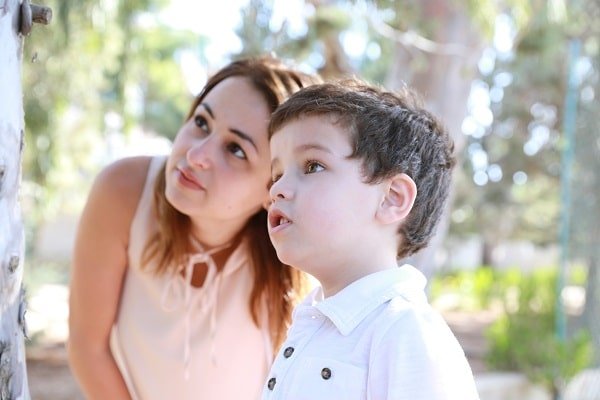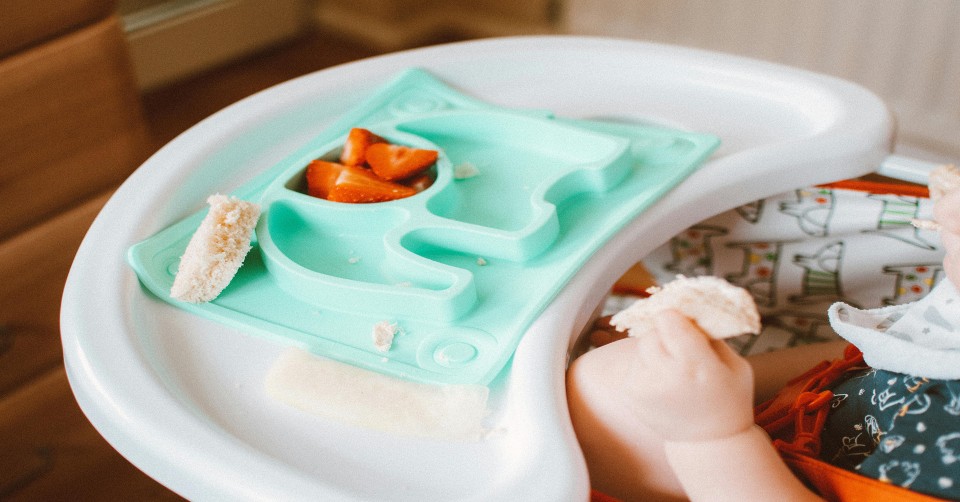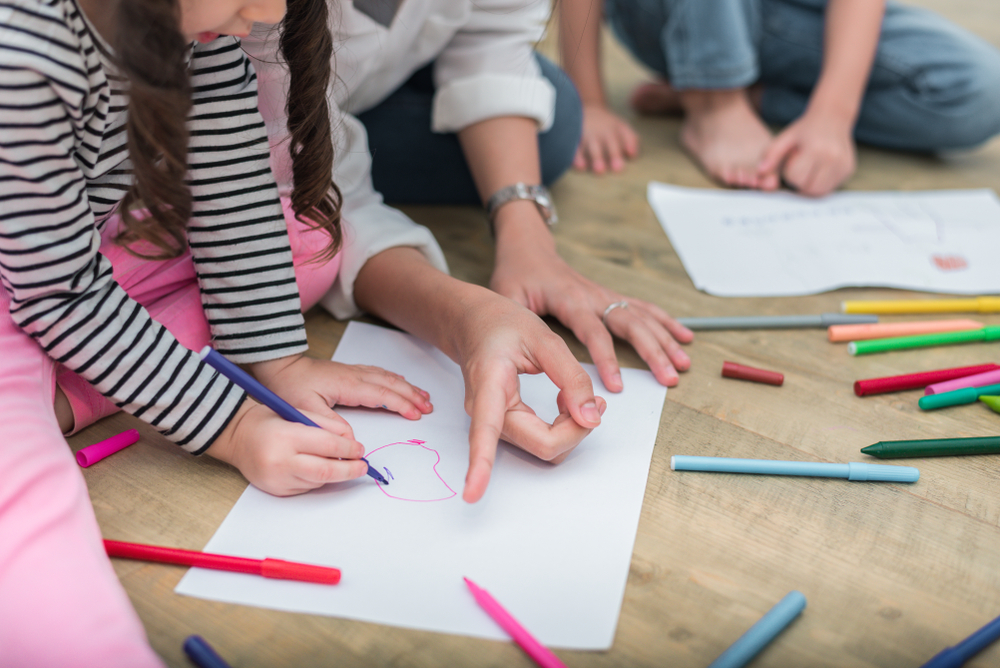Mothers’ Stories
My 10 rules of positive parenting!

I had a wonderful happy childhood. I have loving parents; they were patient, giving, and very “positive” even before knowing the term “positive parenting”! They never used hitting, spanking, or bad language for discipline. They never even argued in front of my siblings and myself! I was lucky, while other people had different circumstances.
Many studies prove that your parent’s behavior during childhood shapes the way you parent as an adult, this could be positive, but it could also be negative. The bottom line is that you can start your own unique way of parenthood. Here are some ways that helped me shape mine:
- Empathy: I think this is so important, especially that there’s a big gap in the way of thinking (adults vs. children), which leads to many clashes. When your child misbehaves, try to put your younger self in their place. Have you ever written on a wall, for example? What was your punishment? Did you feel it was fair? Would you accept someone treating you the way you treated your child? Think about it.
- Listen: and when I say listen, it means with your ears, with your eyes, and body language. Listen with all your senses. Without looking at your mobile while telling them “Yes dear, I’m listening”! This is crucial for kids to understand that their parents care about what they say, how they feel, and what they think. You’ll be surprised how much they open up this way.
- A firm tone: when you need your children to do something, and they don’t listen, Use a firm tone instead of a “shouting” one, this is much more effective, and it also shows them that you respect them. I know this can sometimes be challenging, at least try to do this 90% of the time. Don’t forget that they imitate the way you get angry when they get angry! Something that helps me when I get angry is; I ask myself, is it really worth it? You will be shocked that this simple question could give you a totally new perspective, and most of the time the answer is NO! It’s not worth it. It's a migical way to deal with anger, and it works.
- Consistency: I cannot stress enough on this point. It’s important for children’s discipline since it helps them to predict how their parents will react, they will clearly understand what is right and what is wrong. For example, When you say no to having chocolate before dinner, be consistent EVERY time.

- Explain reasons: when you say no to your children, explain why. Why no chocolate before dinner? Explain it! Because chocolate is not good for your body and it’s ok if we eat it in small quantiities...etc. If needed, show them a scientific video that shows how sugar isn't good for the body.
- Apologize: we all make mistakes with our children; we might yell, be unfair, or do something that we regret later. In that case, we need to apologize to them, admit that we made a mistake. This teaches them that we respect them, and it also shows them how to react when they make a mistake themselves.
- Routine: I ALWAYS follow a routine! Of course, It can change depending on school days/holidays/homeschooling, but I ensure that they expect what’s coming during the day. It gives children a comfortable place to be in, which creates a happy and calm household.
- Hugs! I hug my two boys all the time, and it really has a wonderful positive effect on them, even during arguments we have; when we talk afterward, I make sure to hug them and talk. I also tell them how much I love them every single day.

- Focus on the good things: when your children do something well, make a big deal out of it, show them how much you’re proud of them, whether it’s about building LEGO or being nice to their sister/brother. When your child does something wrong, don’t label him as (naughty) or (rude); tell him that what he DID was rude although he is a nice boy, this will give him confidence, and he will probably try not to do this behavior again.
- Be a positive role model: be positive to yourself, to people around you, and even positive towards your views about life in general. When they see this, they will become positive and happy as well. And in the future, they will face life problems with a great attitude.
Finally, I would like to stress on the fact that I’m not always a positive parent that doesnt make mistakes, and I don’t always react perfectly. I don’t even believe in perfect parents; I believe in good ones that try their best to raise happy children.














